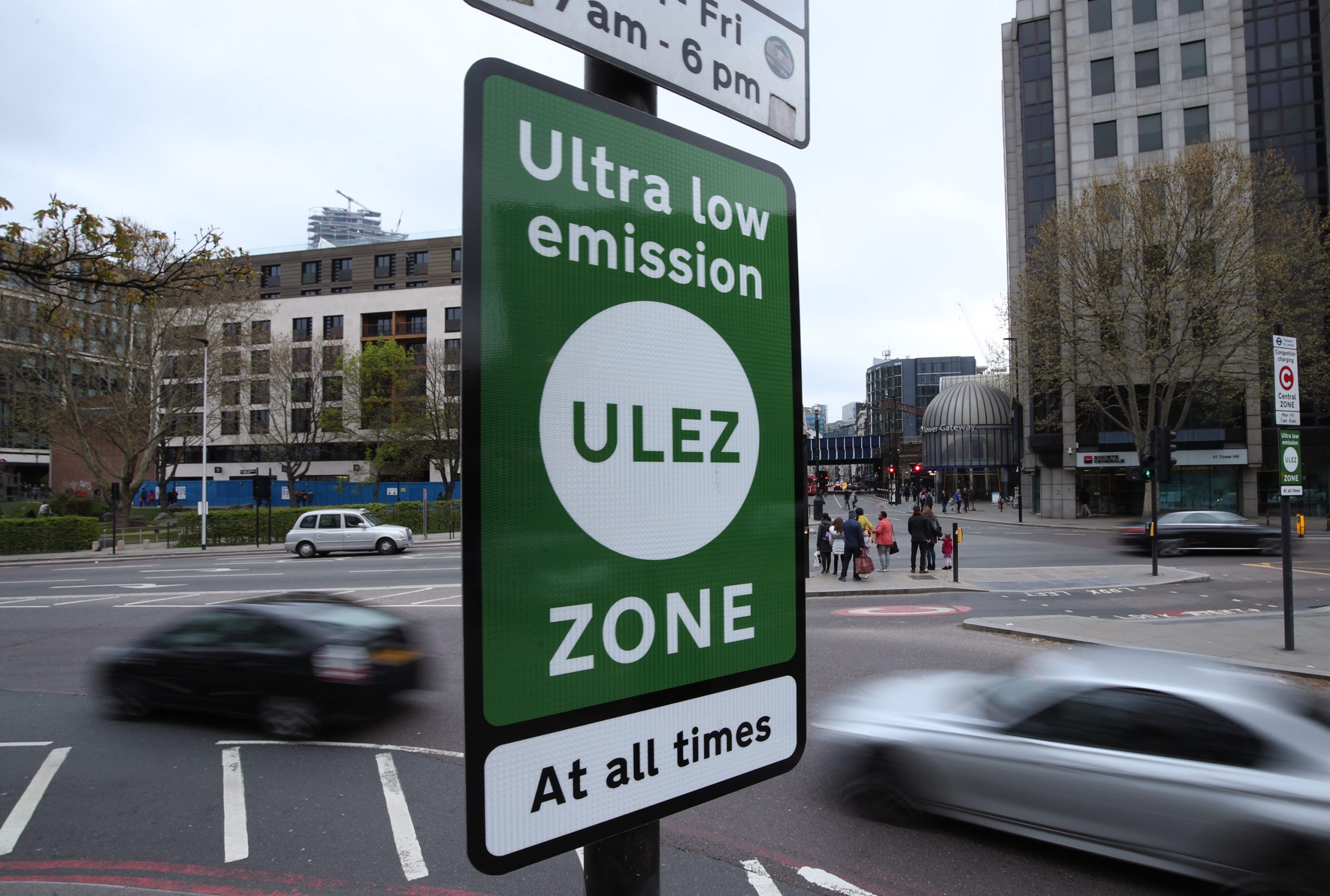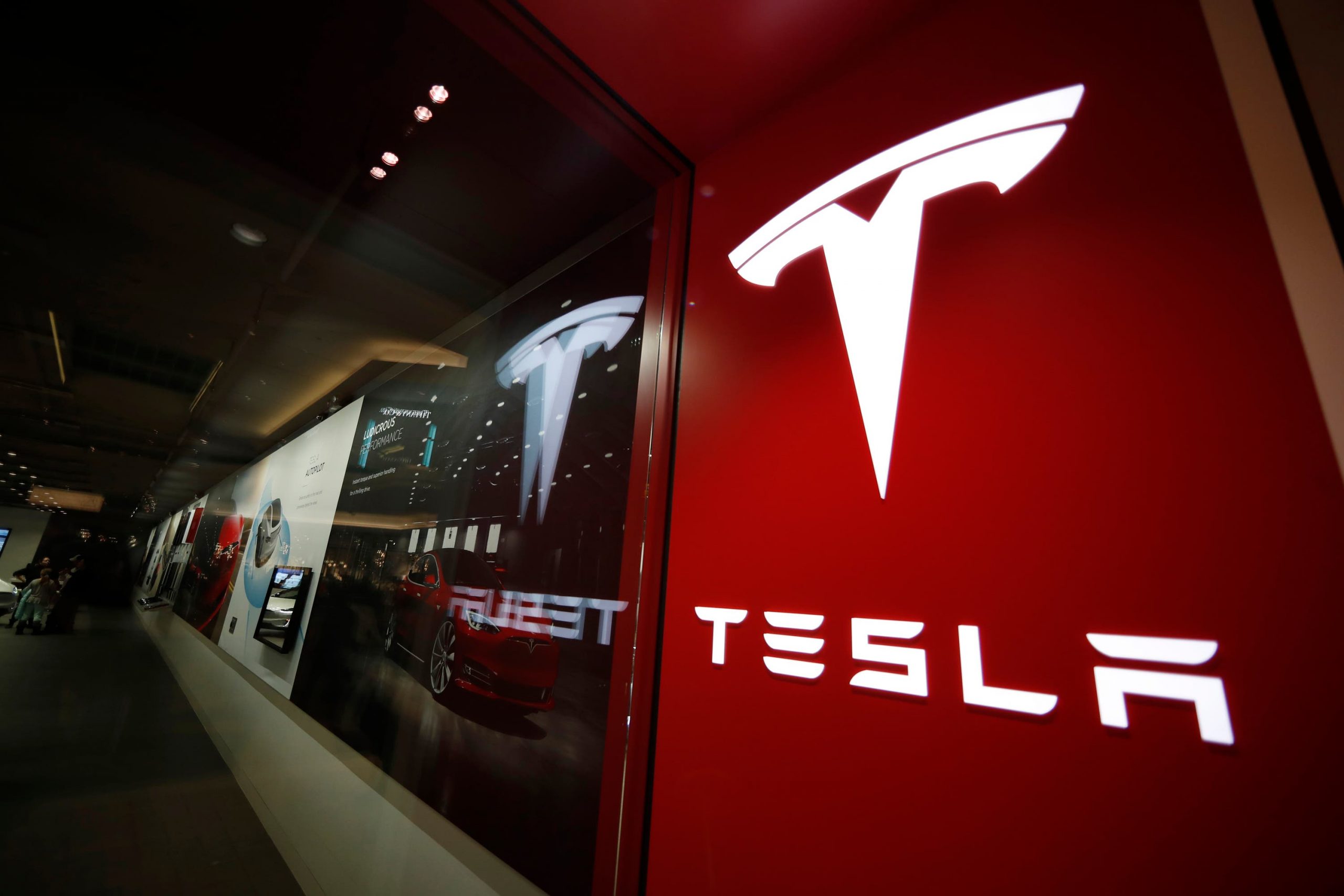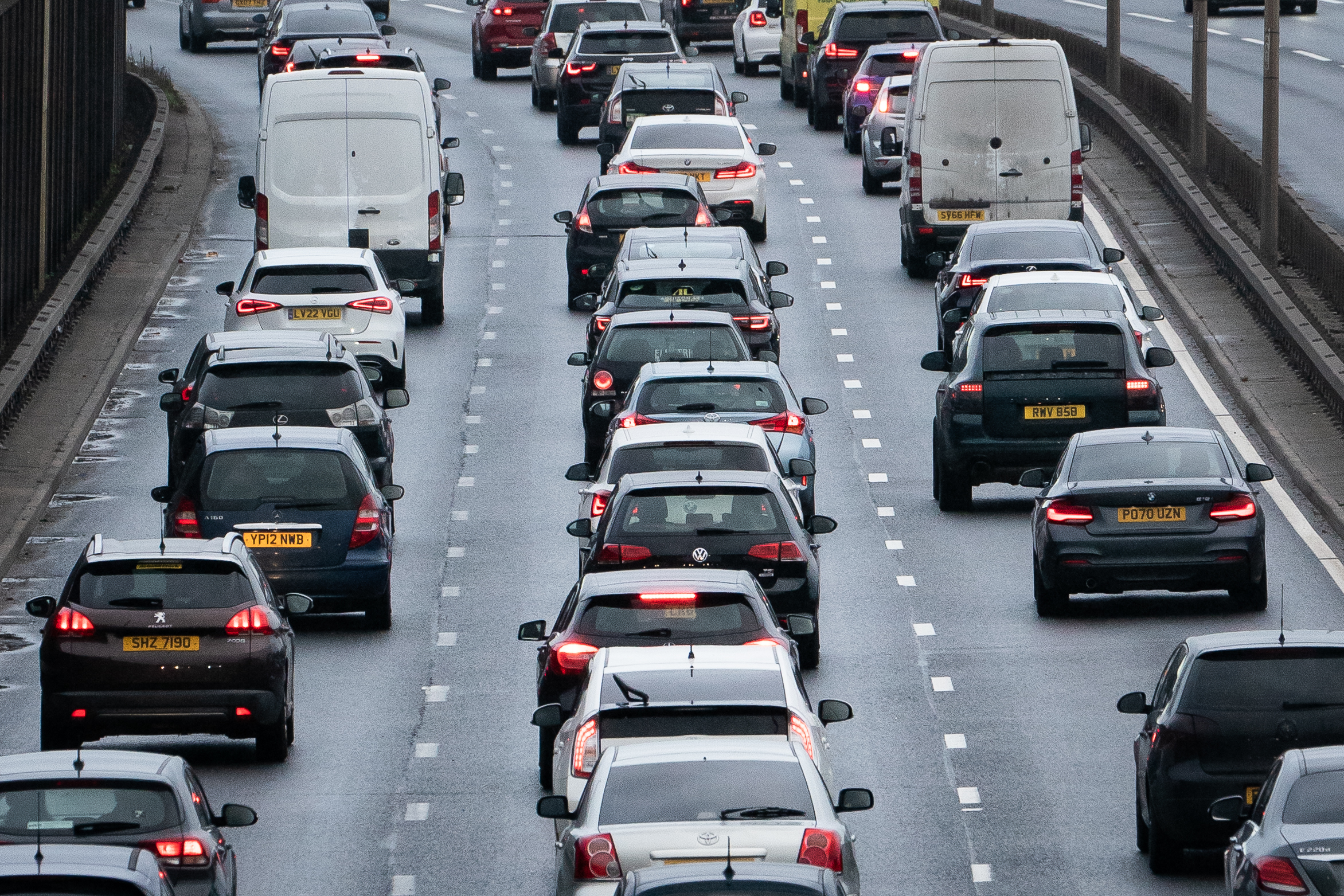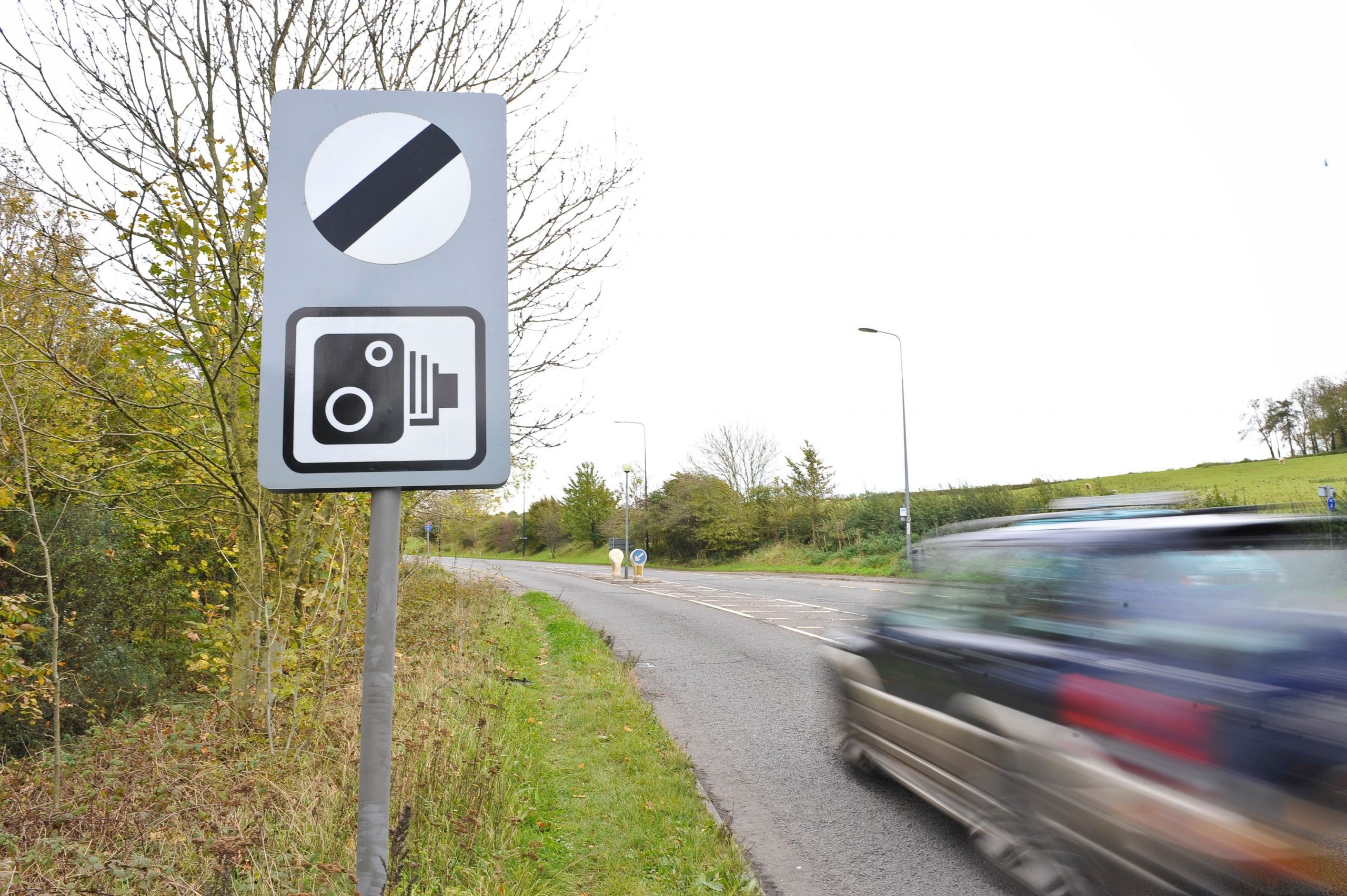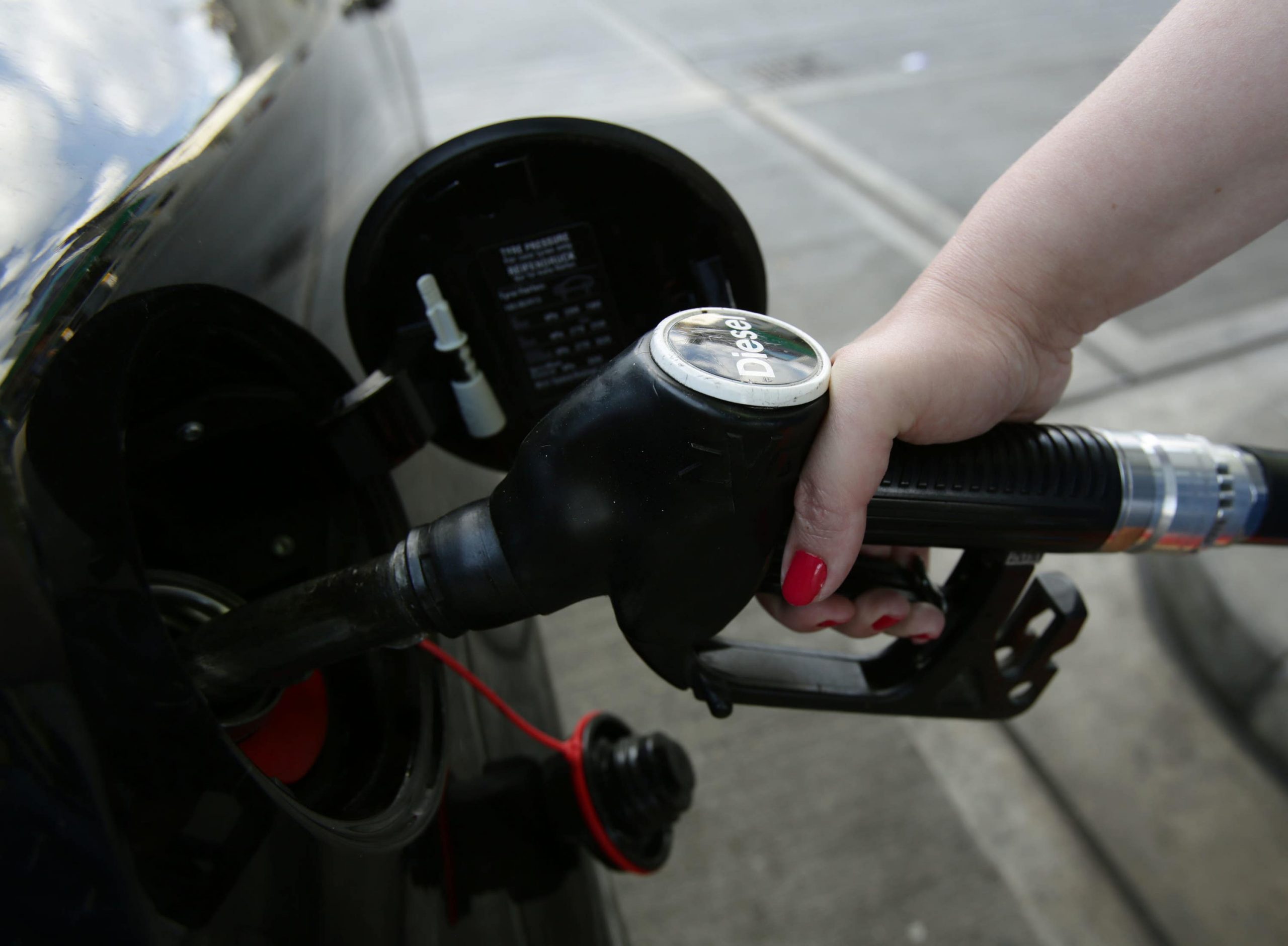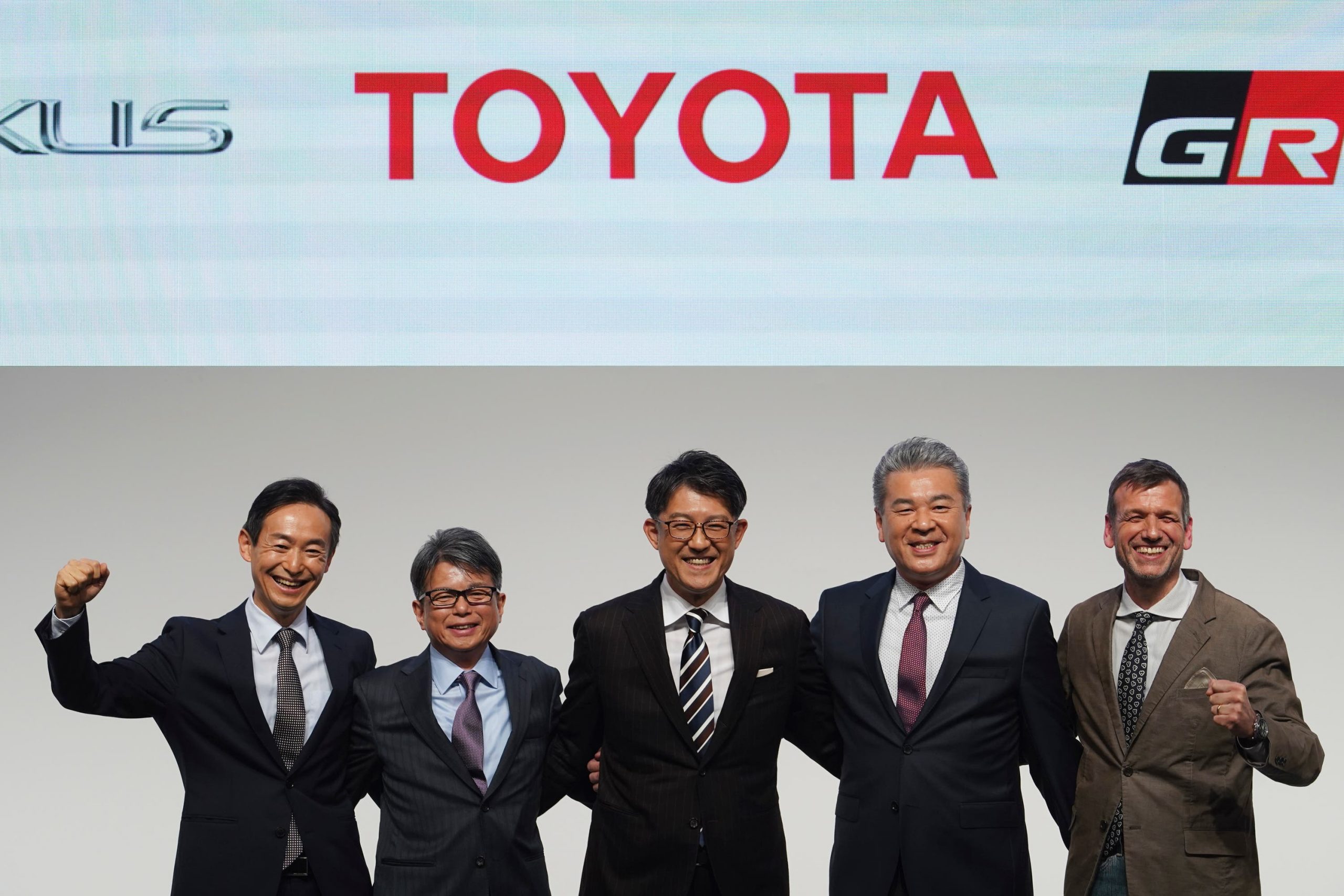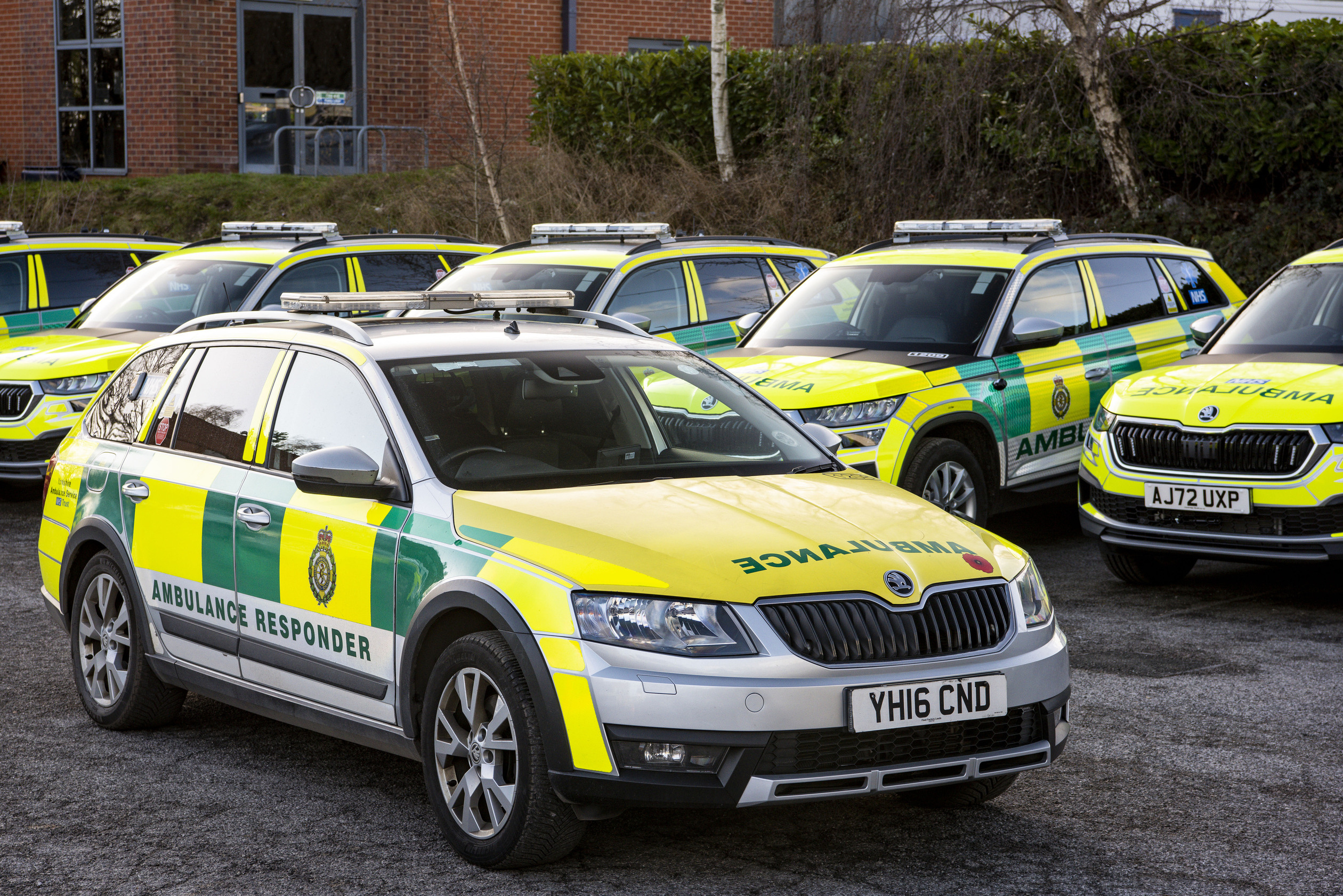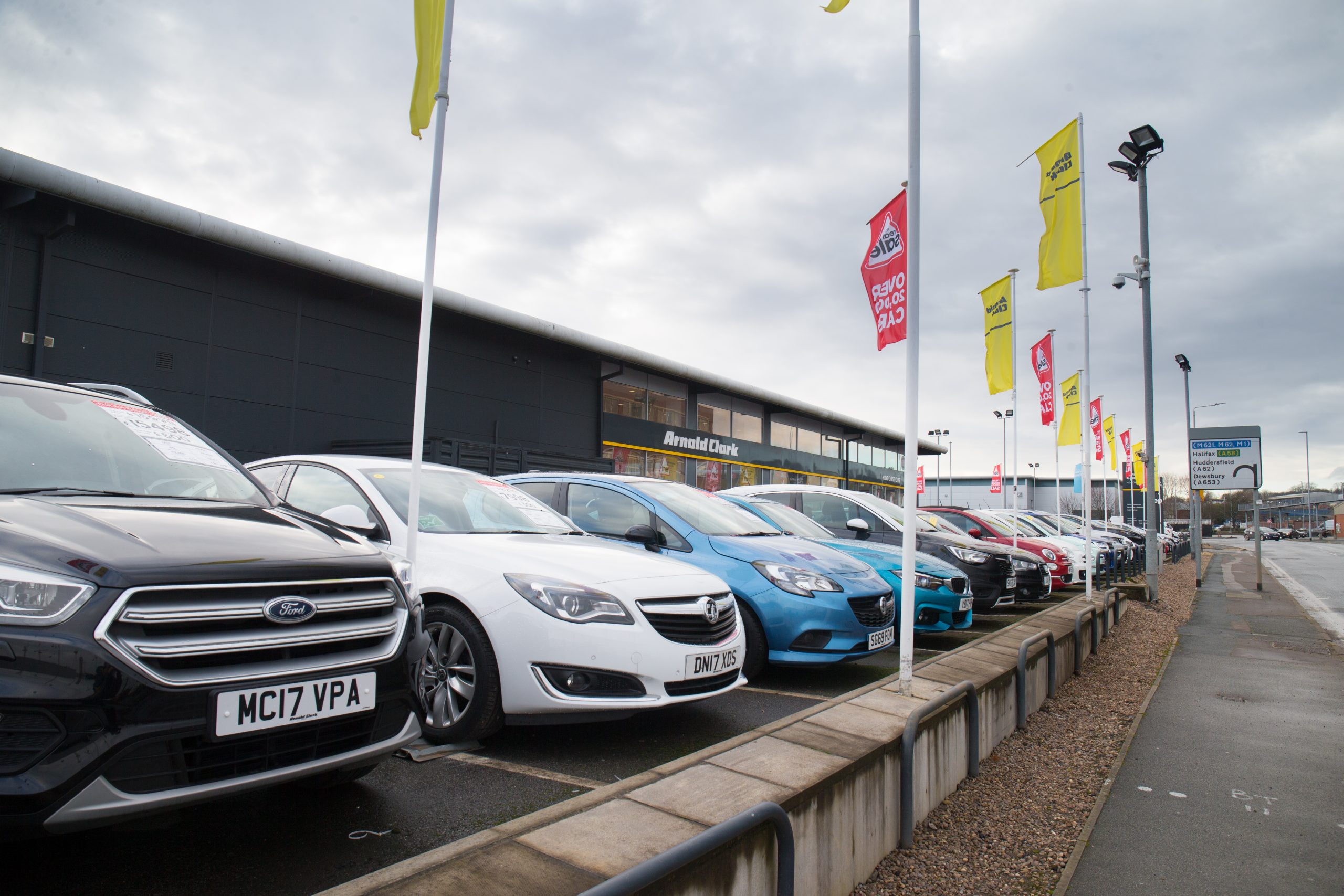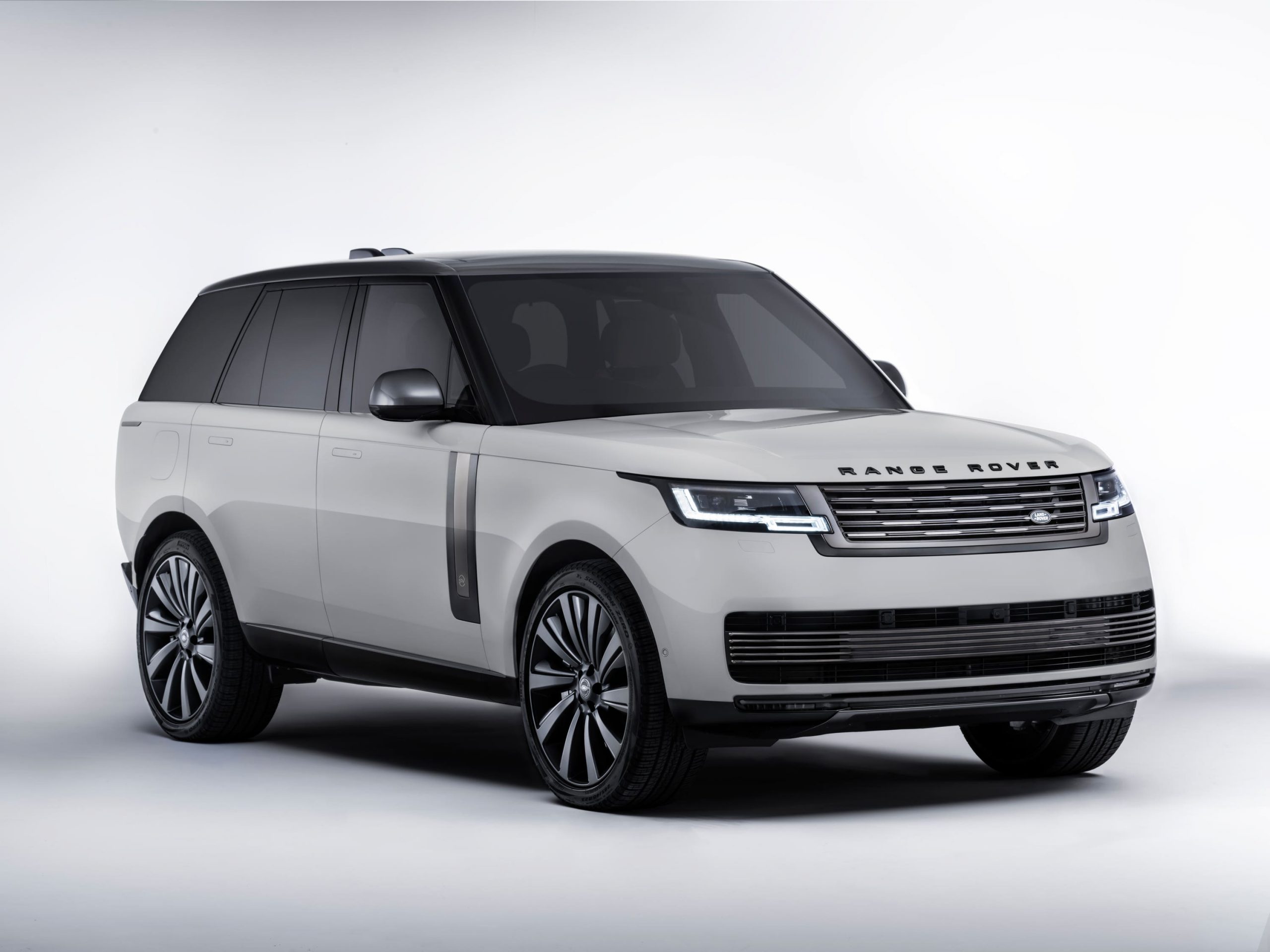Five Conservative-led councils said they have started a legal challenge over Sadiq Khan’s decision to expand London’s ultra low emission zone (Ulez).
The outer London boroughs of Bexley, Bromley, Harrow and Hillingdon, together with Surrey County Council, issued a joint statement announcing they have launched a judicial review into the Labour mayor’s plan.
A spokesman for the mayor said it would oppose “any challenge to this vital scheme”.
The Ulez is currently limited to the area within London’s North and South Circular roads, but is due to be extended to cover the whole of the capital from August 29.
It will then border areas of Buckinghamshire, Essex, Hertfordshire, Kent and Surrey.
Drivers of vehicles that do not meet minimum emissions standards are charged a £12.50 daily fee for entering the zone.
The councils said they will challenge the Ulez expansion in the High Court on the grounds that “relevant statutory requirements” were not complied with, expected compliance rates in outer London were not considered, and the proposed scrappage scheme was not consulted on.
They will also claim the overall consultation process was not properly conducted and there was a failure to carry out a cost-benefit analysis of the plan.
Leader of Hillingdon Council Ian Edwards said: “Ulez is the wrong solution in outer London as it will have negligible or nil impact on air quality but will cause significant social and economic harm to our residents.
“We believe Sadiq Khan’s decision to impose this scheme on outer London boroughs is unlawful.”
His counterpart at Surrey County Council, Tim Oliver, said: “We are committed to delivering a greener future, but it must be done in a practical and sustainable way.
“We are dismayed at the lack of discussion or consideration given to these proposals by the Mayor of London.
“The impact on many Surrey residents and businesses will be significant and we will not stand by and watch that happen with no mitigations offered from the Mayor.”
Conservatives in London previously claimed City Hall officials “manipulated” the final results of Transport for London’s (TfL) consultation by excluding some so-called “campaign responses”, which lowered the level of opposition in the final count from 62% to 59%.
A spokesman for the Mayor of London said: “While we’re aware of media speculation that an application for a judicial review has been made by four boroughs and Surrey County Council, neither the GLA (Greater London Authority) nor TfL have been served with their claim.
“We will be defending any challenge to this vital scheme.
“Around 4,000 Londoners die prematurely every year due to air pollution.
“The Mayor is determined to protect the lives of Londoners who are growing up with stunted lungs and more at risk of heart disease, cancer and dementia due to our toxic air.
“The Mayor urges the councils involved to abandon this costly and unnecessary legal challenge and instead focus on the health of those they represent.”

